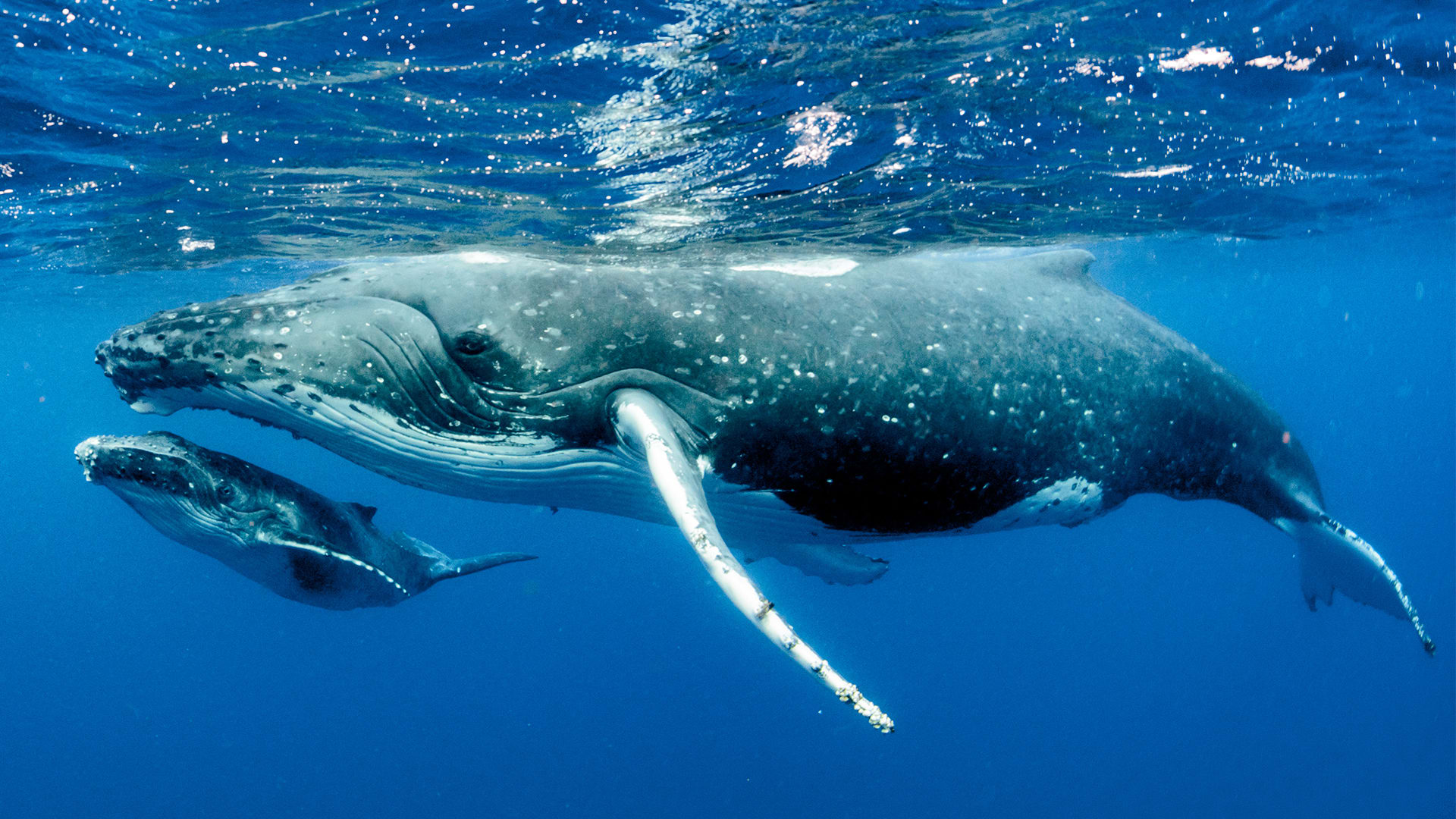
¿Dónde puedes encontrar ballenas en un desierto?
Habitats, Fossils, & Environments Over Time
4.7
(20050 reviews)
Scroll for prep

Please wait…
This video is having trouble loading. You may have lost your Internet connection.
Step 1: Click to Reload this page
Step 2: Click to
Try our other video player
Step 3: Contact your teacher if trouble persists.
Or,
dismiss this message.
CONVERSEMOS:
¿A qué crees que le pertenezca esto?
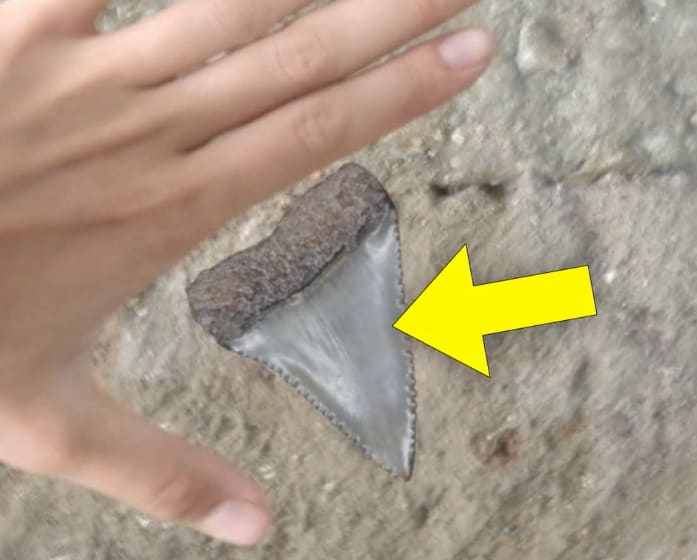

Please wait…
This video is having trouble loading. You may have lost your Internet connection.
Step 1: Click to Reload this page
Step 2: Click to
Try our other video player
Step 3: Contact your teacher if trouble persists.
Or,
dismiss this message.
CONVERSEMOS:
Doug ha encontrado fósiles de conchas marinas y un fósil de diente de tiburón. ¿Qué otros tipos de fósiles crees que Doug puede encontrar en la cantera?

Please wait…
This video is having trouble loading. You may have lost your Internet connection.
Step 1: Click to Reload this page
Step 2: Click to
Try our other video player
Step 3: Contact your teacher if trouble persists.
Or,
dismiss this message.

Please wait…
This video is having trouble loading. You may have lost your Internet connection.
Step 1: Click to Reload this page
Step 2: Click to
Try our other video player
Step 3: Contact your teacher if trouble persists.
Or,
dismiss this message.

Please wait…
This video is having trouble loading. You may have lost your Internet connection.
Step 1: Click to Reload this page
Step 2: Click to
Try our other video player
Step 3: Contact your teacher if trouble persists.
Or,
dismiss this message.
Paso
01/16
01/16
Encuentra un compañero o compañera con quien trabajar.

Please wait…
This video is having trouble loading. You may have lost your Internet connection.
Step 1: Click to Reload this page
Step 2: Click to
Try our other video player
Step 3: Contact your teacher if trouble persists.
Or,
dismiss this message.
Paso
02/16
02/16
Obtén estos materiales. Recibirás otros más adelante.

Please wait…
This video is having trouble loading. You may have lost your Internet connection.
Step 1: Click to Reload this page
Step 2: Click to
Try our other video player
Step 3: Contact your teacher if trouble persists.
Or,
dismiss this message.
Paso
03/16
03/16
Escribe tu nombre en la hoja de Excavación de Fósiles. Corta a lo largo
de las dos líneas punteadas de esta página hasta que llegues a las
señales de alto.
de las dos líneas punteadas de esta página hasta que llegues a las
señales de alto.

Please wait…
This video is having trouble loading. You may have lost your Internet connection.
Step 1: Click to Reload this page
Step 2: Click to
Try our other video player
Step 3: Contact your teacher if trouble persists.
Or,
dismiss this message.
Paso
04/16
04/16
Pon la hoja con tu nombre sobre la otra hoja. Dobla las calcomanías
en las orillas de las hojas (en dónde están las flechas).
en las orillas de las hojas (en dónde están las flechas).

Please wait…
This video is having trouble loading. You may have lost your Internet connection.
Step 1: Click to Reload this page
Step 2: Click to
Try our other video player
Step 3: Contact your teacher if trouble persists.
Or,
dismiss this message.
Paso
05/16
05/16
Abre la solapa que cubre la capa superior, la capa A, de tu excavación
de fósiles. Examina los fósiles que encuentras en esta capa.
de fósiles. Examina los fósiles que encuentras en esta capa.

Please wait…
This video is having trouble loading. You may have lost your Internet connection.
Step 1: Click to Reload this page
Step 2: Click to
Try our other video player
Step 3: Contact your teacher if trouble persists.
Or,
dismiss this message.
Paso
06/16
06/16
Observa las características de cada fósil. Luego contesta la pregunta
número uno en tu hoja de trabajo y platica con tu compañero o
compañera.
número uno en tu hoja de trabajo y platica con tu compañero o
compañera.

Please wait…
This video is having trouble loading. You may have lost your Internet connection.
Step 1: Click to Reload this page
Step 2: Click to
Try our other video player
Step 3: Contact your teacher if trouble persists.
Or,
dismiss this message.
Paso
07/16
07/16
Conversemos. Luego, contesta la pregunta número dos en tu hoja de
trabajo.
trabajo.

Please wait…
This video is having trouble loading. You may have lost your Internet connection.
Step 1: Click to Reload this page
Step 2: Click to
Try our other video player
Step 3: Contact your teacher if trouble persists.
Or,
dismiss this message.
Paso
08/16
08/16
Abre la Capa B de tu excavación de fósiles, y dóblala de esta manera.
Examina los fósiles que encuentras en esa capa.
Examina los fósiles que encuentras en esa capa.

Please wait…
This video is having trouble loading. You may have lost your Internet connection.
Step 1: Click to Reload this page
Step 2: Click to
Try our other video player
Step 3: Contact your teacher if trouble persists.
Or,
dismiss this message.
Paso
09/16
09/16
Contesta la pregunta número tres en tu hoja de trabajo y platica con
tu compañero o compañera.
tu compañero o compañera.

Please wait…
This video is having trouble loading. You may have lost your Internet connection.
Step 1: Click to Reload this page
Step 2: Click to
Try our other video player
Step 3: Contact your teacher if trouble persists.
Or,
dismiss this message.
Paso
10/16
10/16
Conversemos. Después contesta la pregunta número cuatro en tu
hoja de trabajo.
hoja de trabajo.

Please wait…
This video is having trouble loading. You may have lost your Internet connection.
Step 1: Click to Reload this page
Step 2: Click to
Try our other video player
Step 3: Contact your teacher if trouble persists.
Or,
dismiss this message.
Paso
11/16
11/16
Obtén el resto de los materiales.

Please wait…
This video is having trouble loading. You may have lost your Internet connection.
Step 1: Click to Reload this page
Step 2: Click to
Try our other video player
Step 3: Contact your teacher if trouble persists.
Or,
dismiss this message.
Paso
12/16
12/16
Recorta tus fósiles misteriosos.

Please wait…
This video is having trouble loading. You may have lost your Internet connection.
Step 1: Click to Reload this page
Step 2: Click to
Try our other video player
Step 3: Contact your teacher if trouble persists.
Or,
dismiss this message.
Paso
13/16
13/16
Observa las características de los fósiles misteriosos. Ponlos en
dos grupos. No te preocupes si te hace difícil saber a qué grupo
pertenecen.
dos grupos. No te preocupes si te hace difícil saber a qué grupo
pertenecen.

Please wait…
This video is having trouble loading. You may have lost your Internet connection.
Step 1: Click to Reload this page
Step 2: Click to
Try our other video player
Step 3: Contact your teacher if trouble persists.
Or,
dismiss this message.
Paso
14/16
14/16
Ponlos sobre la hoja de excavación de fósiles en la capa correcta.
Luego, pégalos.
Luego, pégalos.

Please wait…
This video is having trouble loading. You may have lost your Internet connection.
Step 1: Click to Reload this page
Step 2: Click to
Try our other video player
Step 3: Contact your teacher if trouble persists.
Or,
dismiss this message.
Paso
15/16
15/16
Conversemos. Platiquen sobre sus respuestas a estas preguntas.

Please wait…
This video is having trouble loading. You may have lost your Internet connection.
Step 1: Click to Reload this page
Step 2: Click to
Try our other video player
Step 3: Contact your teacher if trouble persists.
Or,
dismiss this message.
Paso
16/16
16/16
Conversemos. Platiquen sobre sus respuestas a estas preguntas.

Please wait…
This video is having trouble loading. You may have lost your Internet connection.
Step 1: Click to Reload this page
Step 2: Click to
Try our other video player
Step 3: Contact your teacher if trouble persists.
Or,
dismiss this message.

Please wait…
This video is having trouble loading. You may have lost your Internet connection.
Step 1: Click to Reload this page
Step 2: Click to
Try our other video player
Step 3: Contact your teacher if trouble persists.
Or,
dismiss this message.
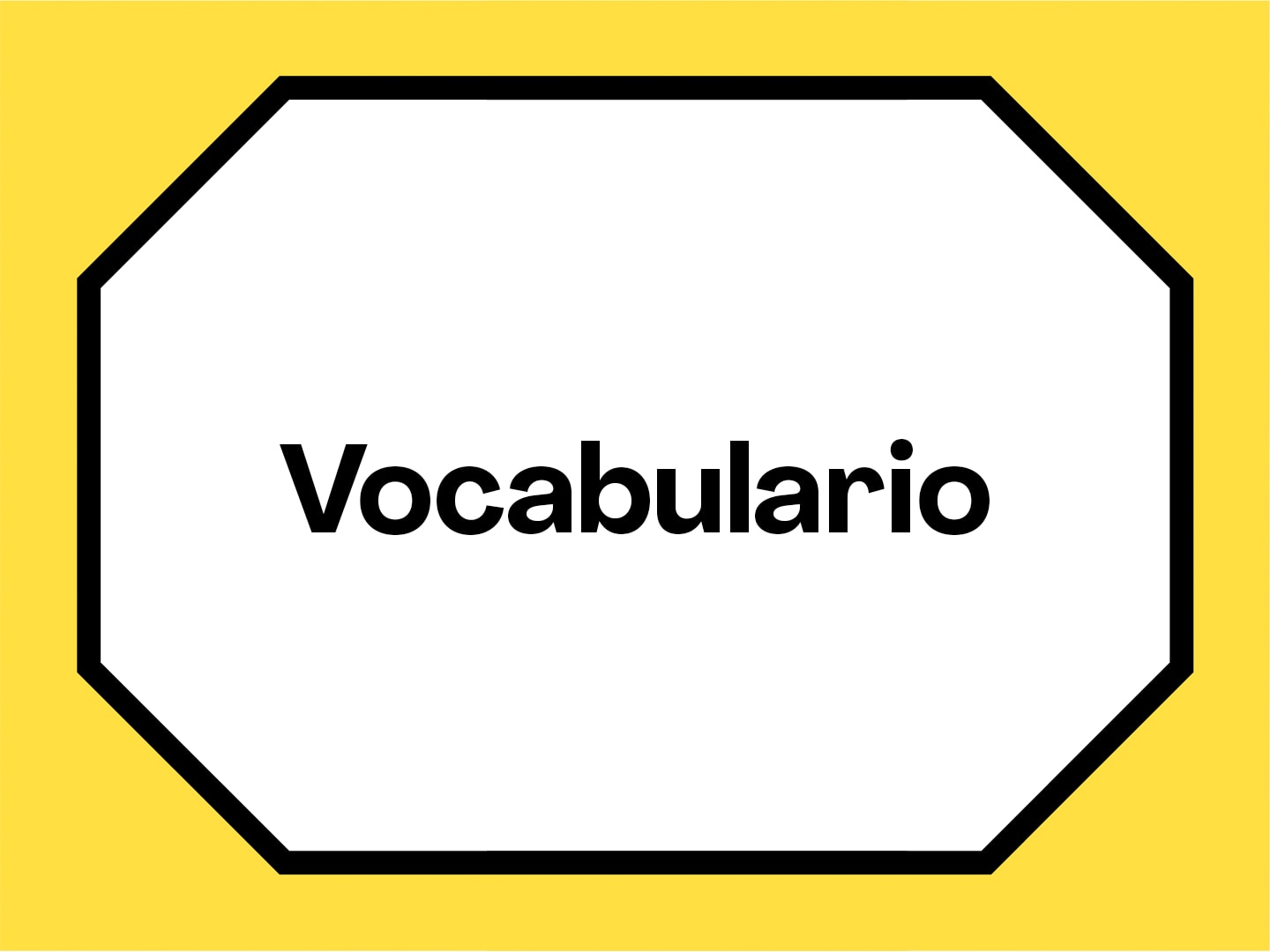
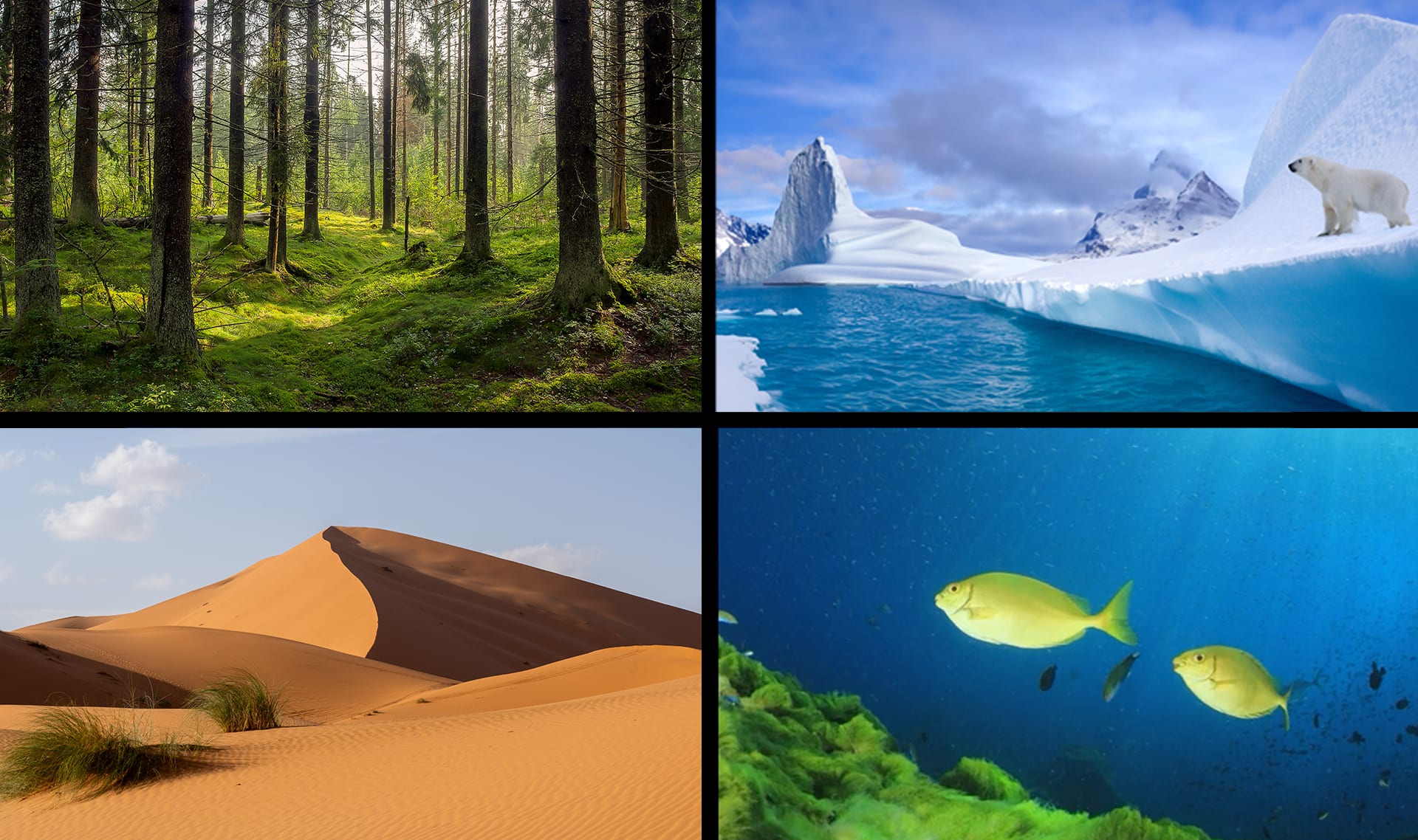
hábitat
1 de 13
el lugar donde vive un animal o una planta
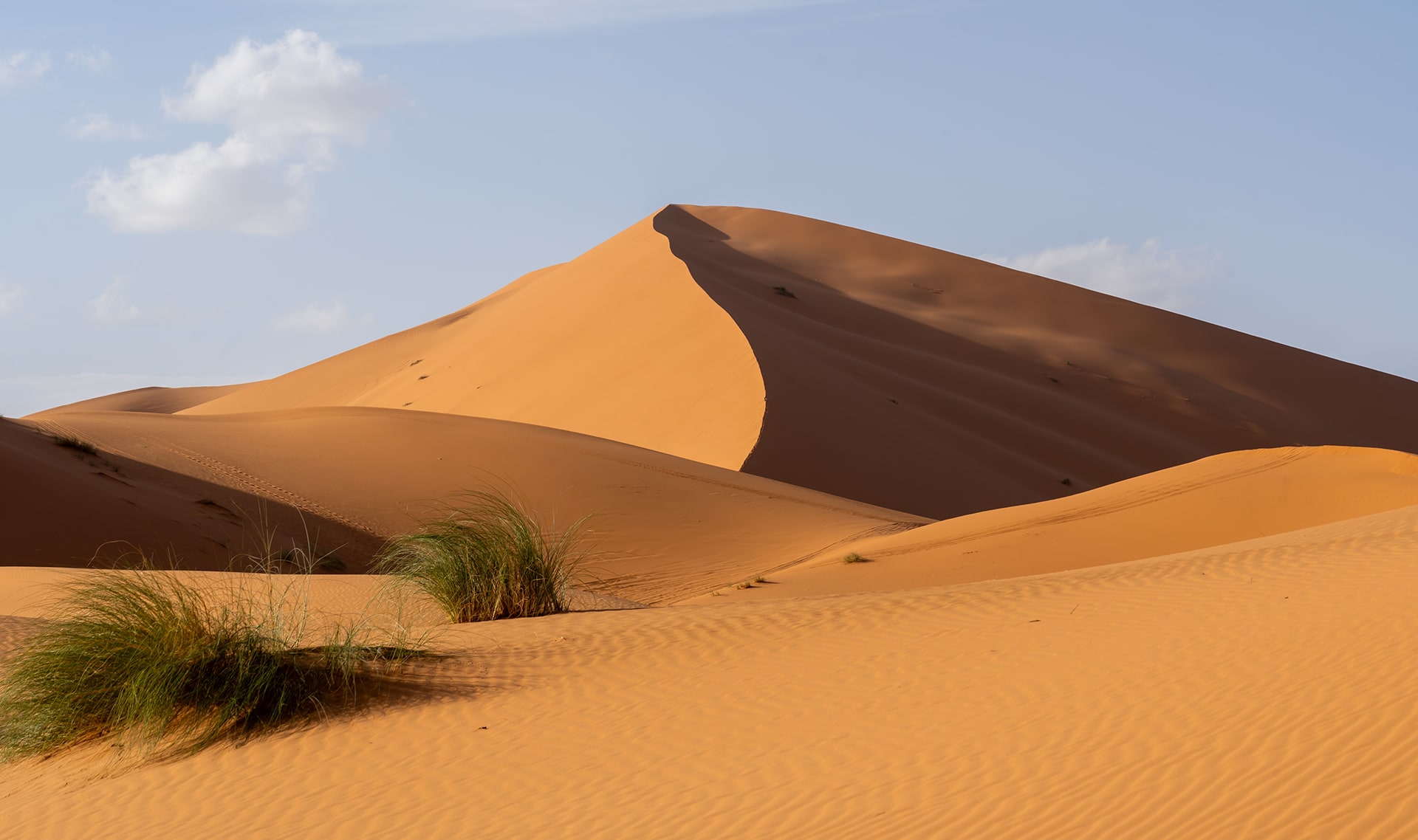
desierto
2 de 13
un hábitat que tiene temperaturas altas y no recibe mucha lluvia
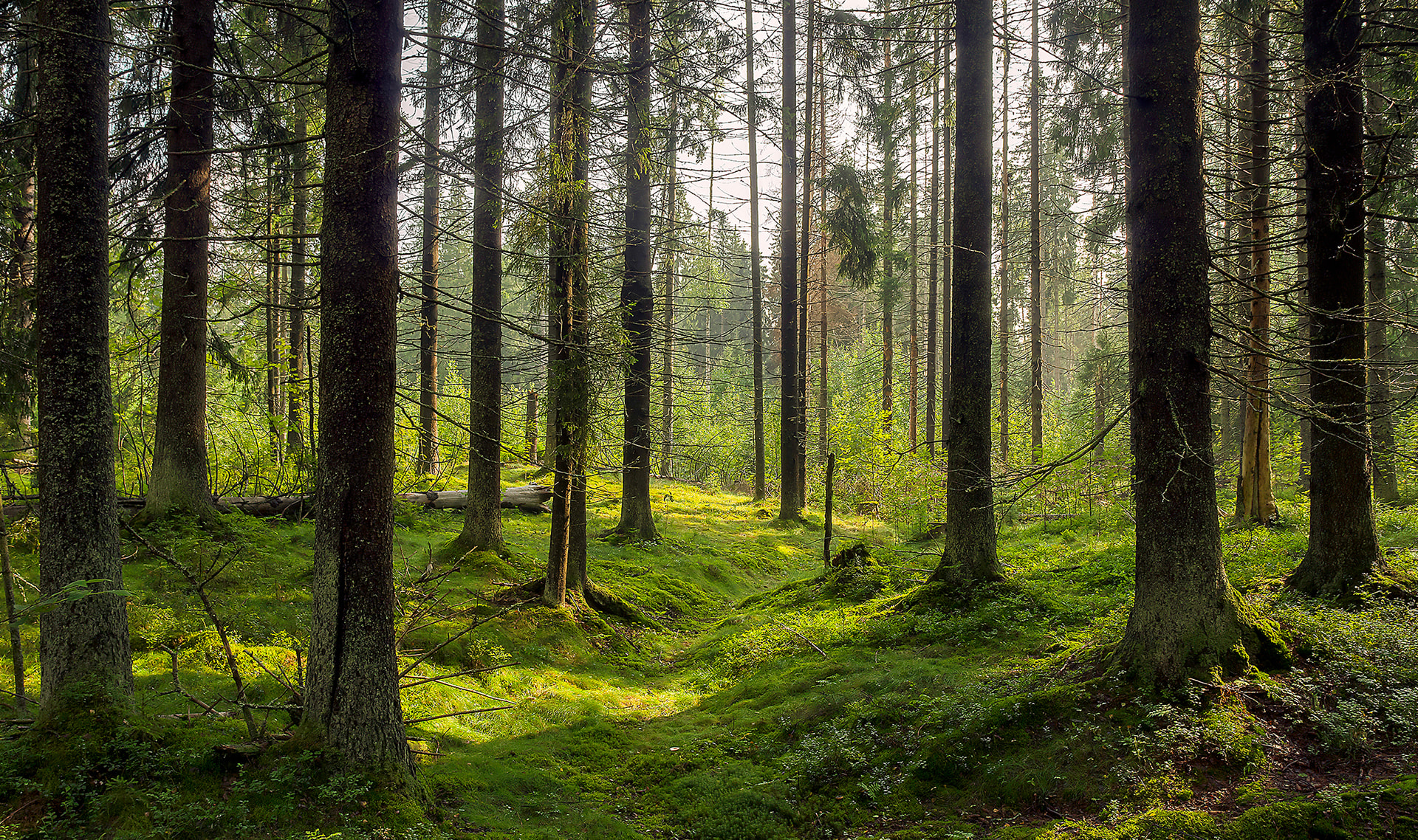
bosque
3 de 13
un hábitat lleno de árboles
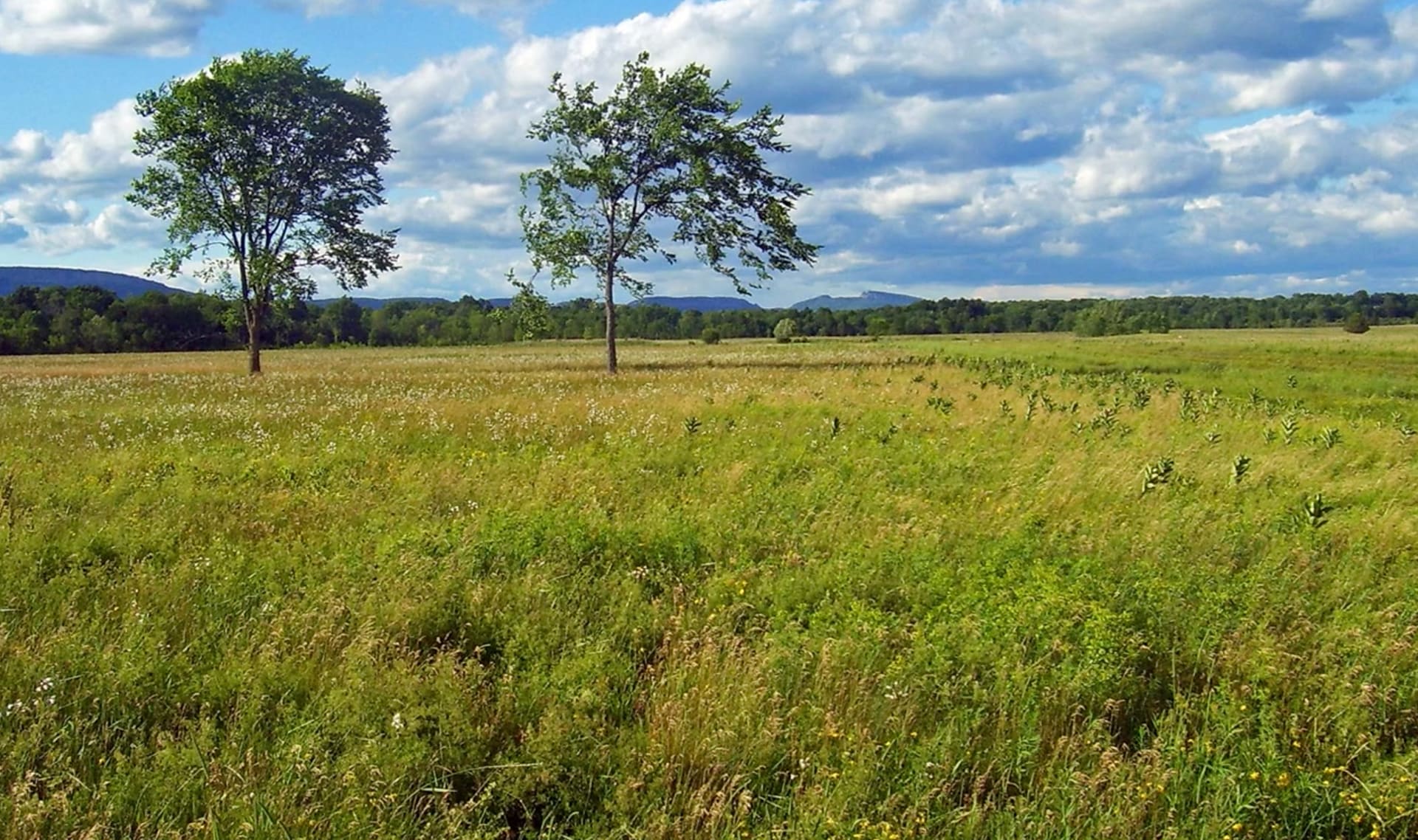
pradera
4 de 13
un hábitat lleno de pasto con muy pocos árboles
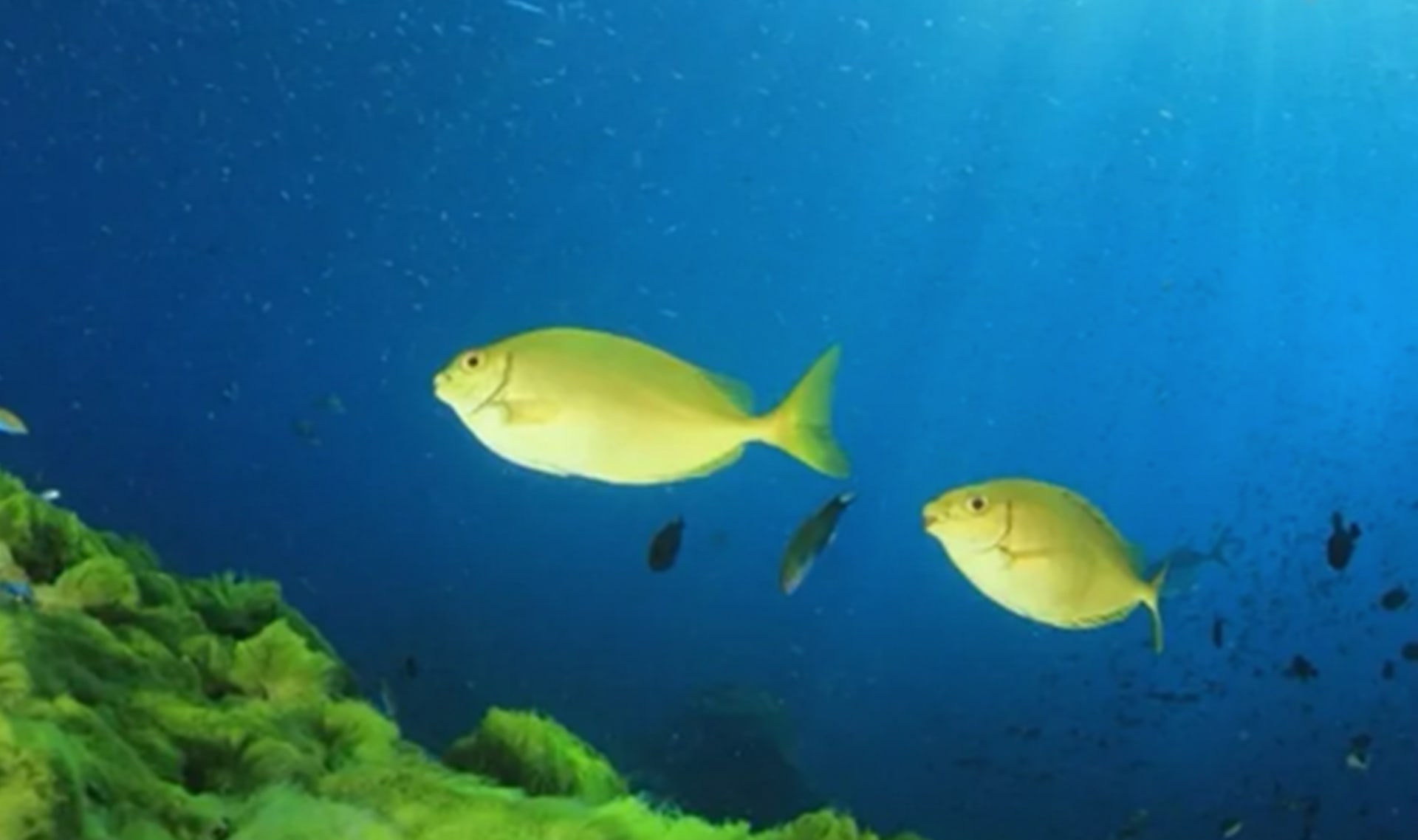
océano
5 de 13
un hábitat que es un área grande de agua salada
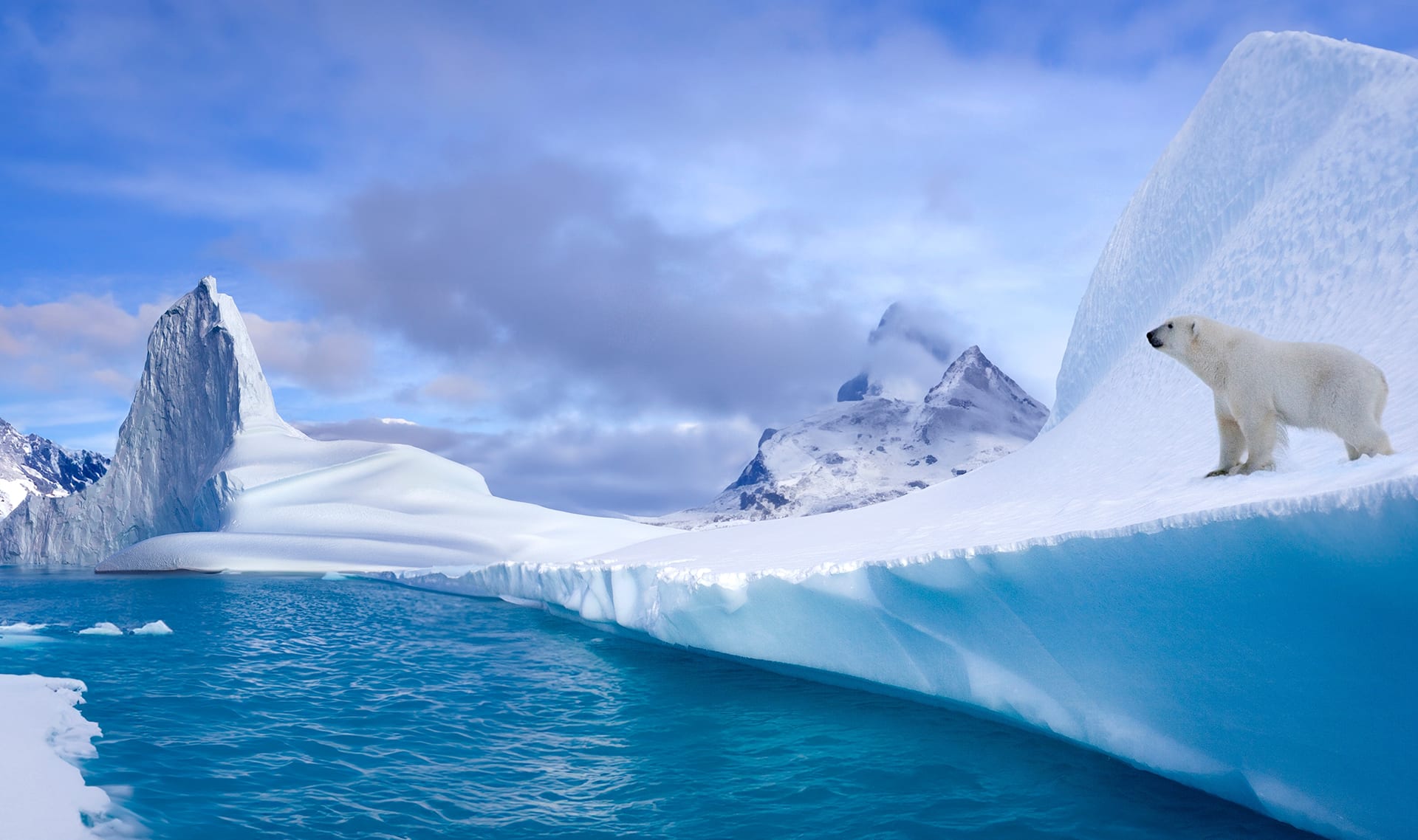
polar
6 de 13
un hábitat muy frío
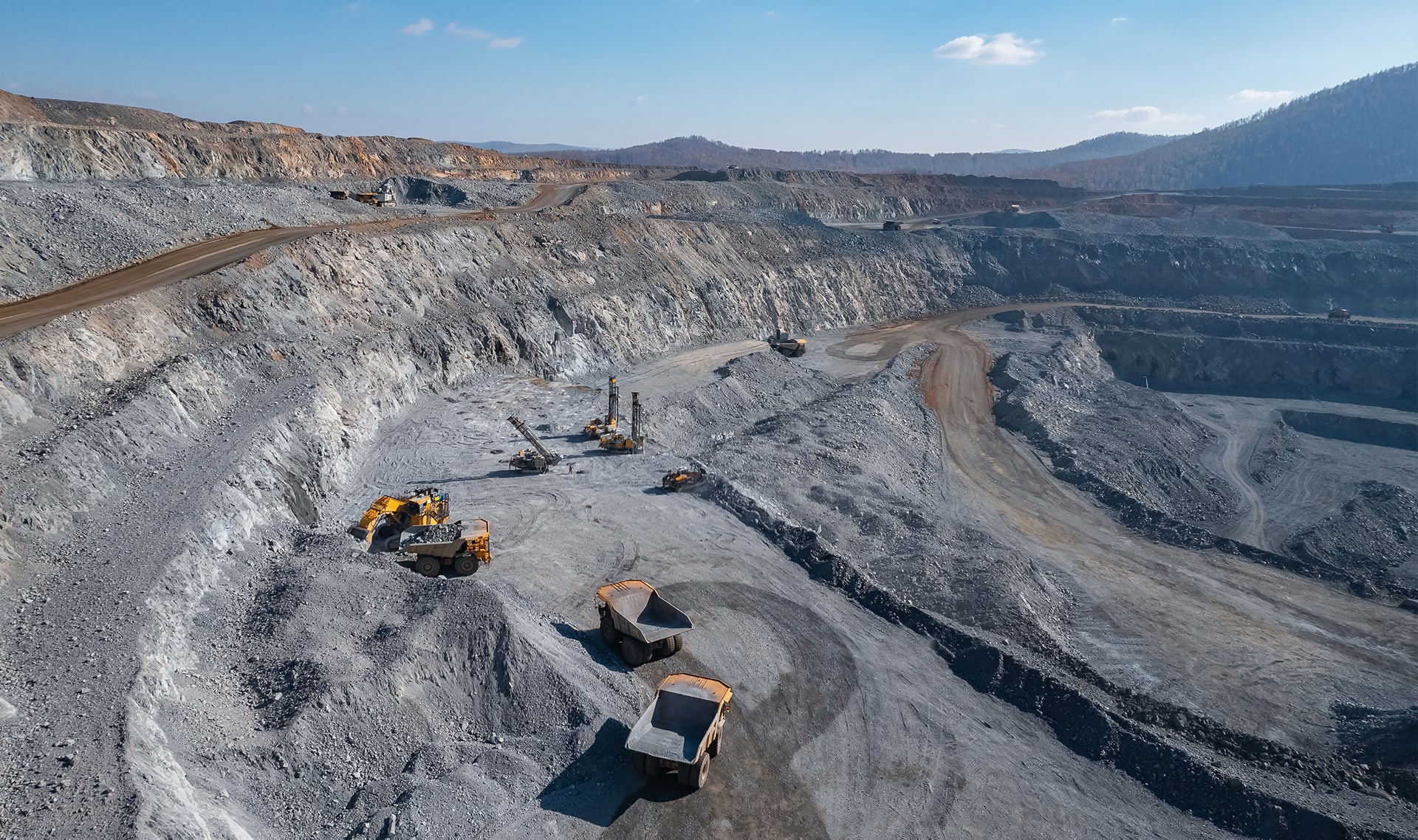
cantera
7 de 13
un área grande de la que la gente saca rocas
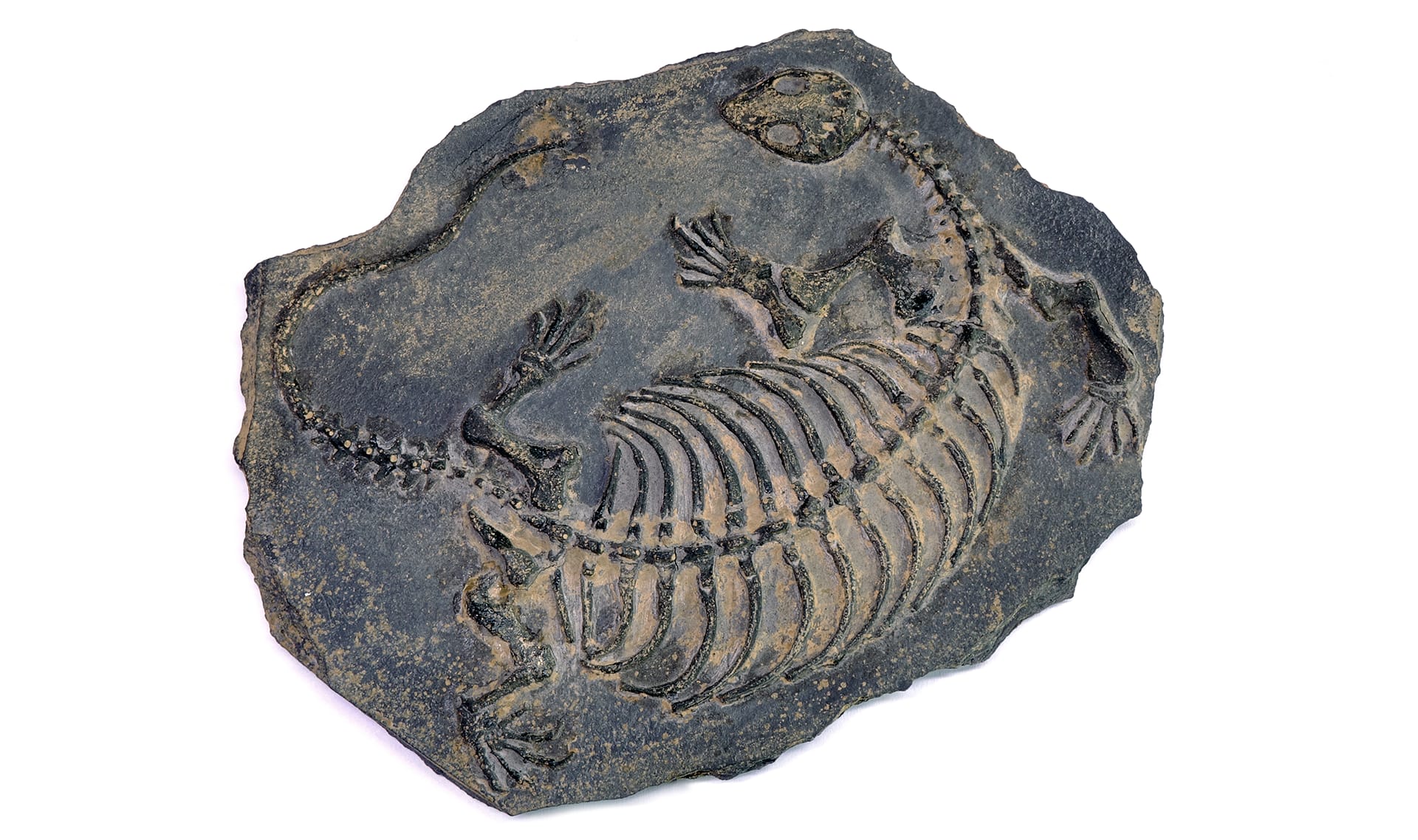
fósil
8 de 13
los restos de una planta o un animal que se murió hace muchísimo tiempo
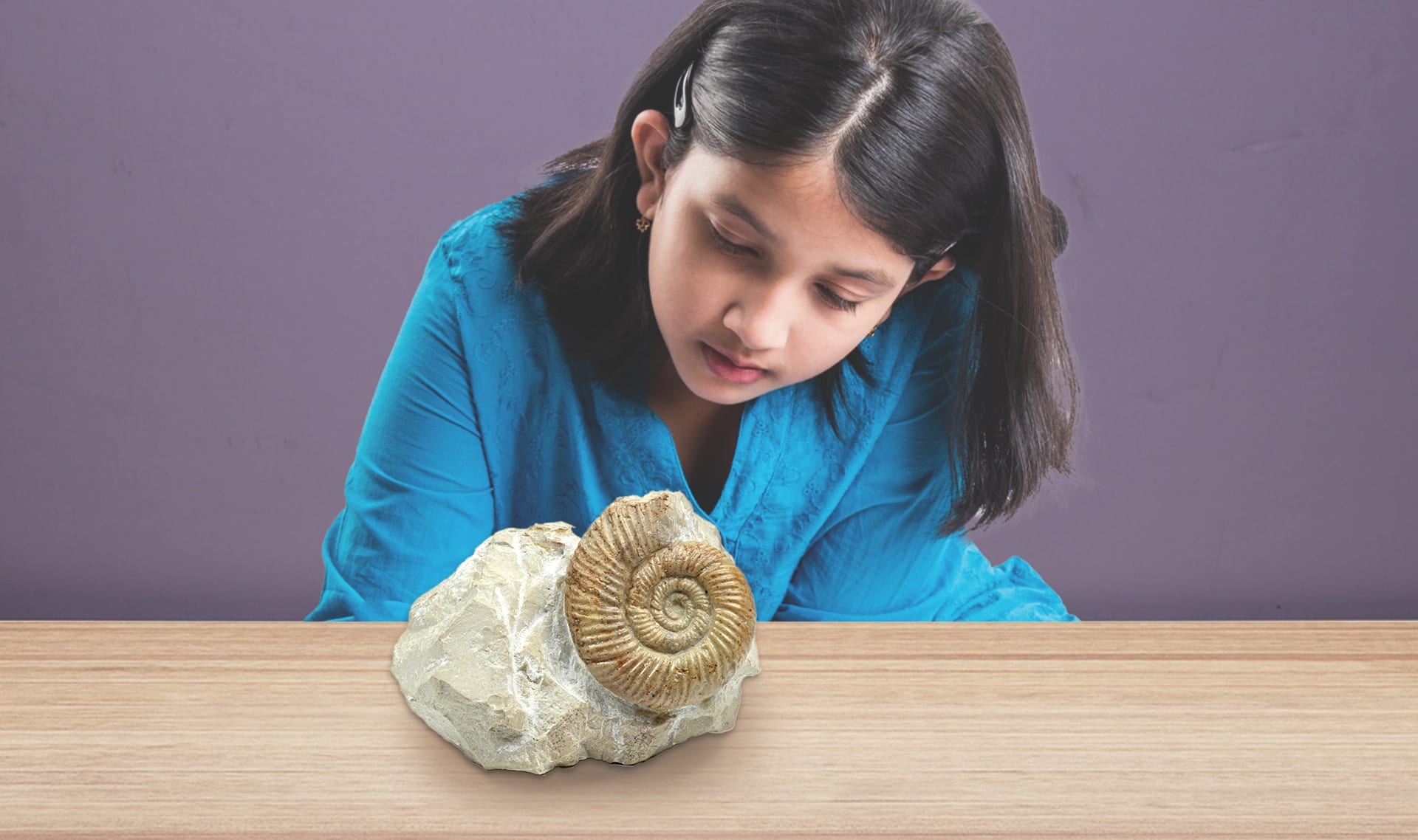
observar
9 de 13
ponerle mucha atención a algo
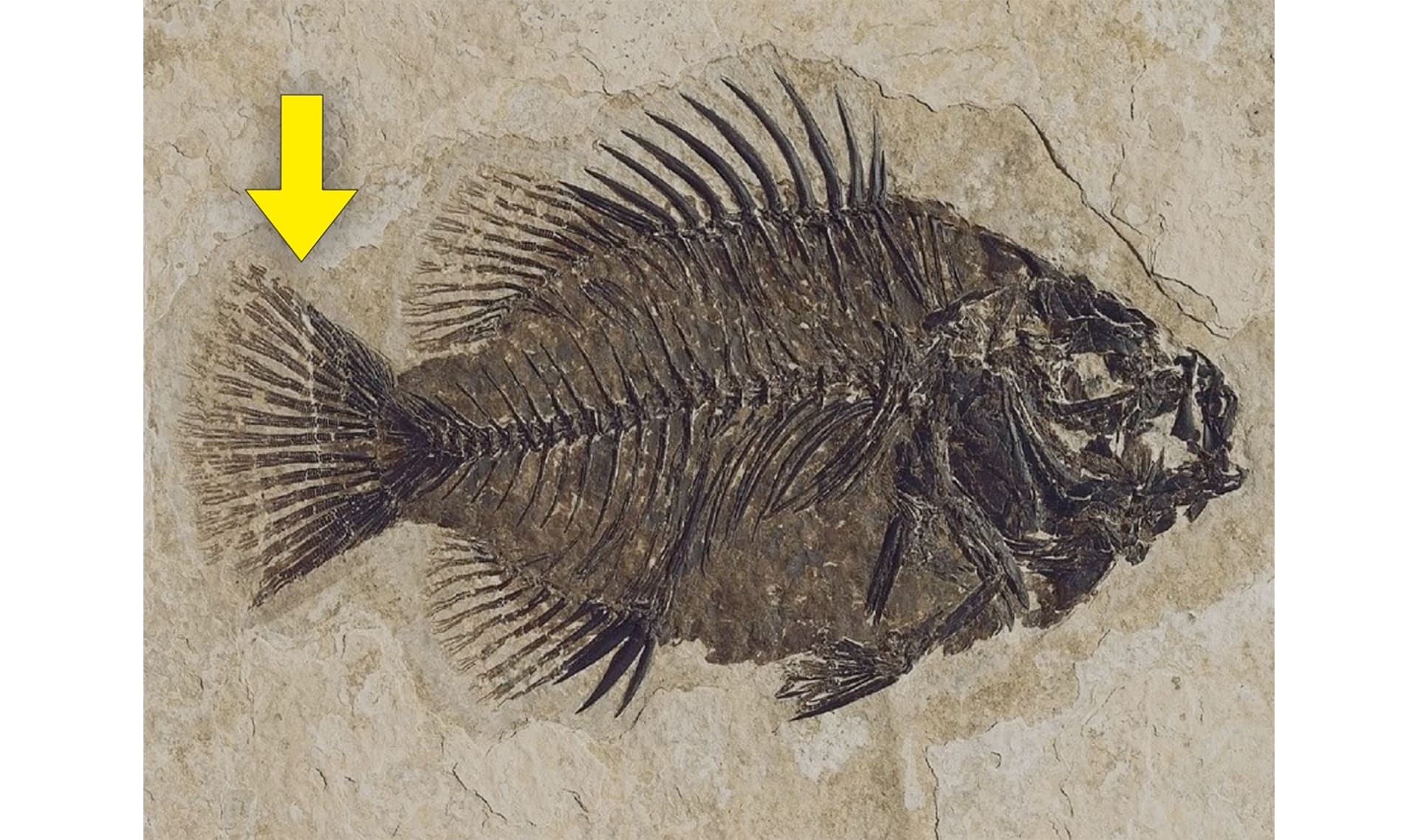
rasgo
10 de 13
algo que puedes observar acerca de un ser viviente, por ejemplo, las aletas anchas de un pez

afirmar
11 de 13
decir o escribir una idea
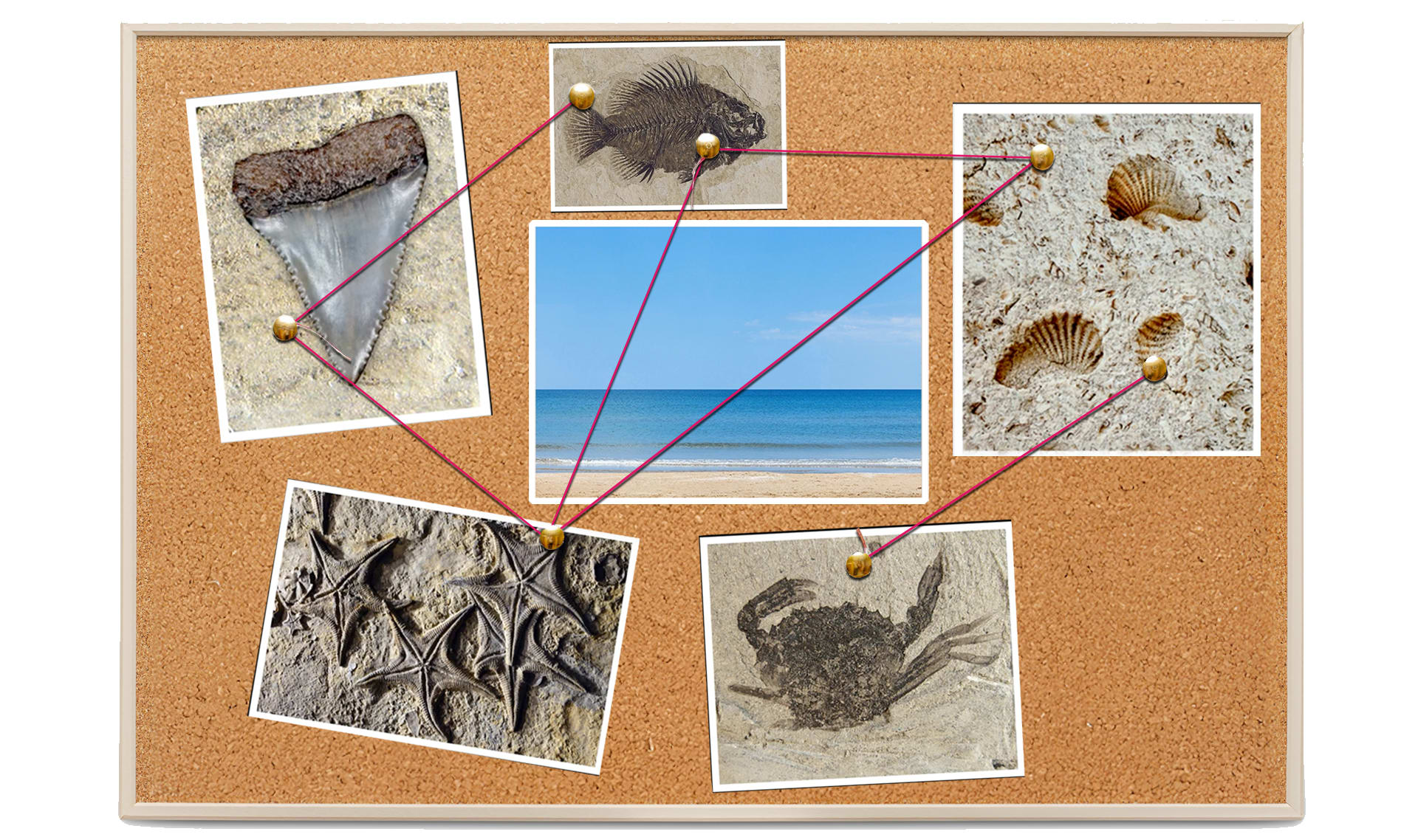
evidencia
12 de 13
información que puede ser usada para respaldar o rechazar una idea
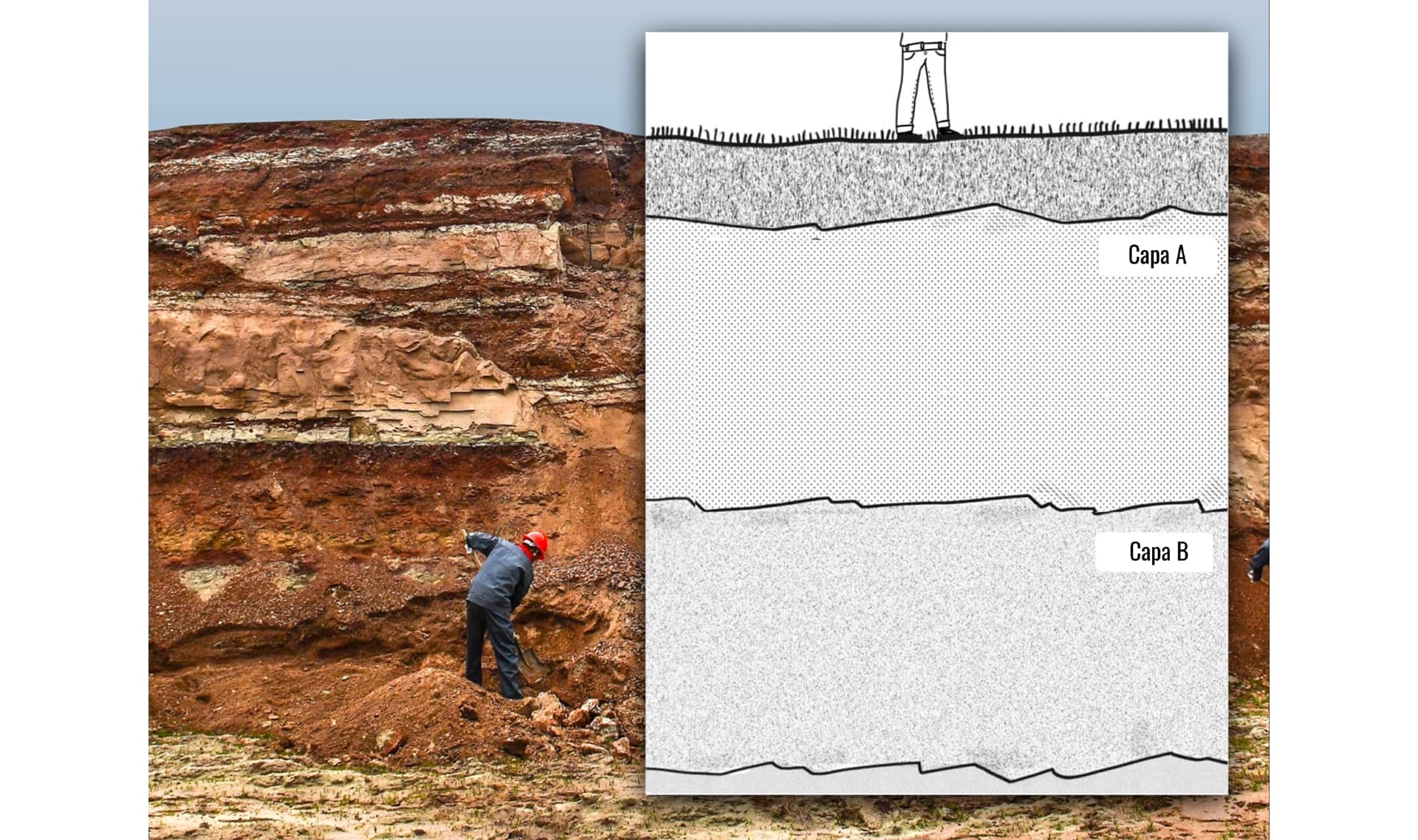
modelo
13 de 13
una versión de mentiras de algo que los científicos usan cuando la cosa de verdad es algo demasiado grande, pequeño, o complicado para poder usarlo en sus estudios


